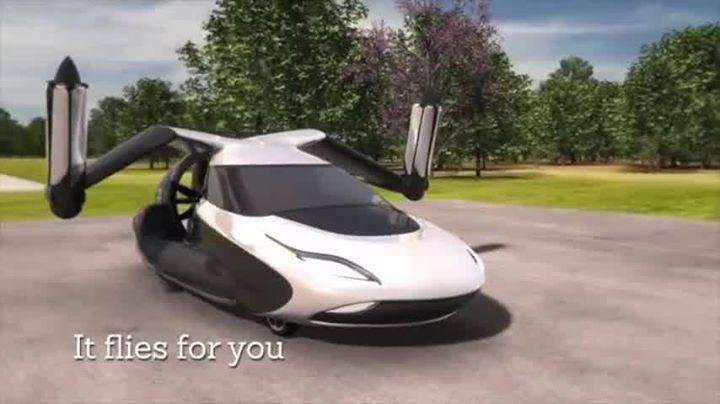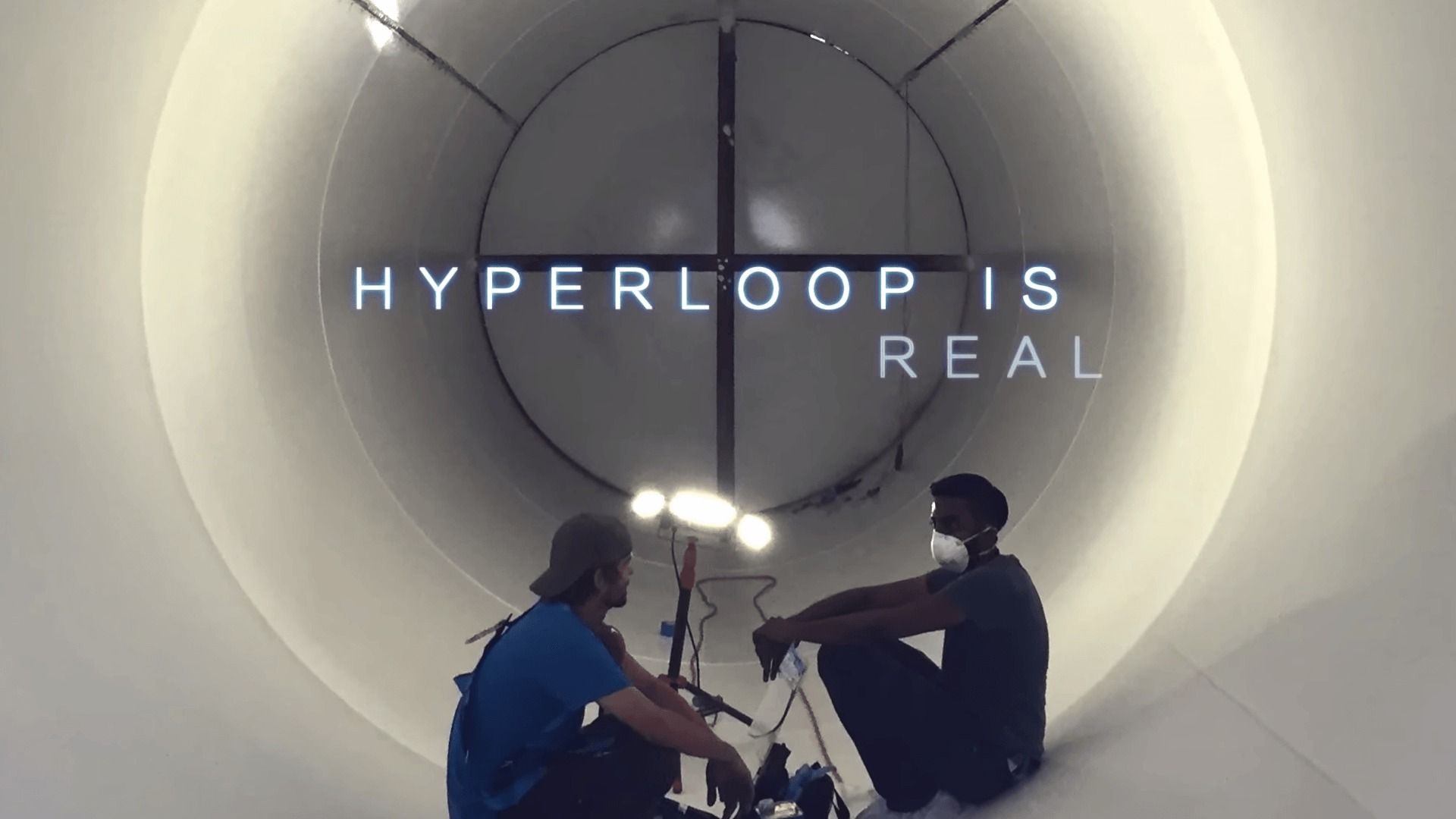https://www.youtube.com/watch?v=wSvGSnOQms8
I’ll take one.
TF-X Flying Car IDEA
GI Page: https://www.facebook.com/gigigadgets

https://www.youtube.com/watch?v=wSvGSnOQms8
I’ll take one.
TF-X Flying Car IDEA
GI Page: https://www.facebook.com/gigigadgets
The U.S. military doesn’t just build big, scary tanks and giant warplanes; it’s also interested in teeny, tiny stuff. The Pentagon’s latest research project aims to improve today’s technologies by shrinking them down to microscopic size.
The recently launched Atoms to Product (A2P) program aims to develop atom-size materials to build state-of-the-art military and consumer products. These tiny manufacturing methods would work at scales 100,000 times smaller than those currently being used to build new technologies, according to the Defense Advanced Research Projects Agency, or DARPA.
The tiny, high-tech materials of the future could be used to build things like hummingbird-size drones and super-accurate (and super-small) atomic clocks — two projects already spearheaded by DARPA. [Humanoid Robots to Flying Cars: 10 Coolest DARPA Projects].
German scientists have developed technology that makes lithium-ion batteries last for 10,000 charging and discharging cycles while still retaining 85% of their original capacity.
Astronauts typically try to avoid starting fires in space, but new research on the behavior of flames in orbit could have benefits closer to home. In fact, this fiery research could lead to more-efficient car engines that contribute less pollution to the environment, according to a new study.
A series of experiments aboard the orbiting complex is investigating “cool-burning” flames in space — a type of fire that burns at lower temperatures than ordinary flames on Earth. Blazes on this planet typically burn at between 2,240 degrees and 3,140 degrees Fahrenheit (1,225 degrees and 1,725 degrees Celsius). Cooler flames produced in microgravity burn at temperatures of between 440 degrees and 980 degrees Fahrenheit (227 degrees and 527 degrees Celsius).
In the space station experiments, researchers ignited droplets of heptane fuel. These types of fires are possible on Earth, but they are typically short-lived, flickering out almost immediately, the researchers said. In microgravity, though, the flames burned for several minutes. [7 Everyday Things that Happen Strangely In Space].

https://youtube.com/watch?v=_Me1P0JljVk
Behold, the future of personal mobility devices: The Honda Uni-Cub. The Uni-Cub, which is self-balancing, has zero turning radius, and is battery powered, is essentially a sit-on Segway without any handlebars. Most importantly, the Uni-Cub is much smaller and easier to maneuver than the Segway, allowing for Uni-Cub users to ride alongside or even within a pack of pedestrians (and yes, when you sit on the Uni-Cub, you don’t tower above everyone else: your head is at the same height as someone standing up). The main usage scenario for the Uni-Cub is moving around internal spaces, such as offices and museums: Not only is it easier and faster than walking, but compared to other personal mobility devices it also leaves your hands free to operate a smartphone or some other implement of your choosing.
Researchers in the US have identified the two main culprits in rechargeable battery degradation, which could lead to longer-lasting phone, laptop and electric car batteries.
BMW and Mercedes-Benz are teaming up on wireless car charging, pushing a super-efficient way of refueling EVs like the BMW i8 and the Mercedes S500 Plug-In Hybrid simply by parking over a certain spot on your driveway. The system, which the two German marques hope to get accepted as the de-facto standard for wireless car recharging, promises a cut in charge times without the hassle of having to regularly plug in: BMW says the batteries in its i8 supercar, for instance, can be topped up in under two hours.
As with other such systems we’ve seen, Mercedes-Benz and BMW use a pair of coils to transmit power wirelessly. A primary coil is mounted in a floor plate, and connects with a secondary coil in the vehicle floor: an alternating magnetic field is created by the former and tracked by the latter.
However, the new system uses a circular coil which the two companies claim makes for a more productive magnetic field, with more than 90-percent efficiency. The charging rate is initially 3.6 kW, but could be ramped up to as much as 7 kW, in preparation for the next generation of higher-powered EV drivetrains car firms envisage.

https://youtube.com/watch?v=WnrXBdznOe8
Hyperloop, dubbed “the fifth mode of transport,” is real. At least, that’s what the introductory video released this week on YouTube is trying to communicate.
Hyperloop is a project envisioned by engineer and inventor Elon Musk. In short, the goal is to build a high-speed transportation system using a low-pressure tube train, with a top speed of 800 miles per hour (1,300 km/h). Hyperloop Technologies and Hyperloop Transportation Technologies are both research companies looking to turn Musk’s vision into reality. The former company has undergone a seed round led by SherpaVentures, while the latter is crowdsourced.
Continue reading “Hyperloop’s intro video claims the future is now” »
The Powerwall, a rechargeable lithium ion home battery from the makers of the Tesla Model S car, will be on sale in Australia by the end of the year.
Powerwall will be available in Australia in late 2015 through a variety of Tesla Energy partners who are yet to be announced, Business Insider reported.
